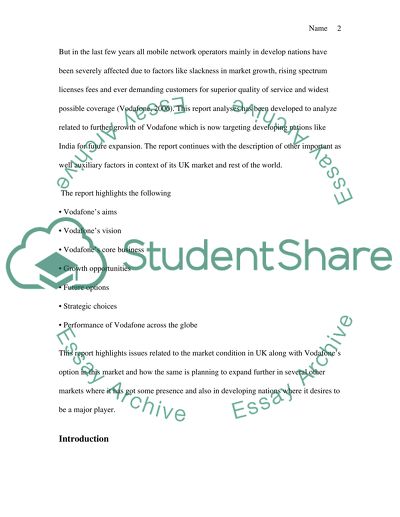Cite this document
(“Vodafone Plc: Its Future As a Network Operator Research Paper”, n.d.)
Vodafone Plc: Its Future As a Network Operator Research Paper. Retrieved from https://studentshare.org/information-technology/1504294-vodafone-plc
Vodafone Plc: Its Future As a Network Operator Research Paper. Retrieved from https://studentshare.org/information-technology/1504294-vodafone-plc
(Vodafone Plc: Its Future As a Network Operator Research Paper)
Vodafone Plc: Its Future As a Network Operator Research Paper. https://studentshare.org/information-technology/1504294-vodafone-plc.
Vodafone Plc: Its Future As a Network Operator Research Paper. https://studentshare.org/information-technology/1504294-vodafone-plc.
“Vodafone Plc: Its Future As a Network Operator Research Paper”, n.d. https://studentshare.org/information-technology/1504294-vodafone-plc.


